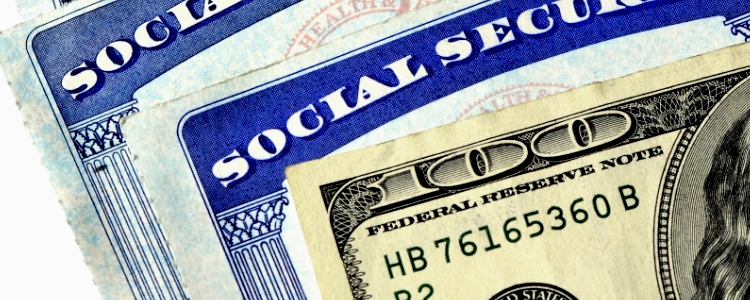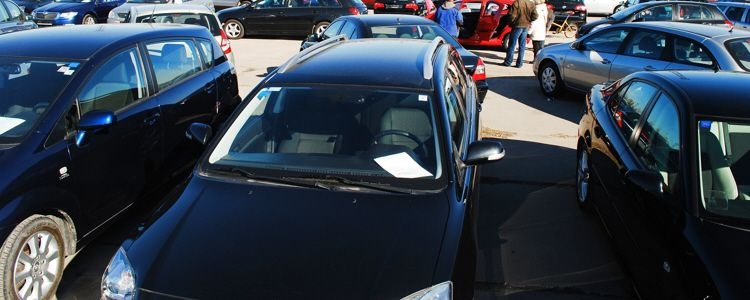Large down payments can sometimes solve credit approval issues
Recent loan approval questions

Here at Auto Credit Express, a question one credit-challenged applicant posed to us went like this: "Would it be possible to finance approximately 5 or 6 grand in combination with an 8 to 10 grand down payment? I am on Social Security."
The answer to this question is "it usually depends upon which lenders the dealer is signed up with as well as your overall financial situation."
Here's why:
Bad credit and down payments
Although most of the dealers in our network work with a wide range of lending sources, the vast majority of these subprime lenders, even many willing to work with borrowers with the worst credit, stipulate that an applicant must have an income source that can be garnished. Since Social Security income cannot be garnished, it should naturally follow that having only this type of income would mean an automatic rejection from these lenders.
But making a conclusion like that would be inaccurate. The reason subprime lenders require an income source that can be garnished is that in the event of repossession, they want a means (wage garnishment) to recover the difference between what is owed on the finance contract and the value of the vehicle at the time it's repossessed plus any costs they incur during its recovery and disposal.
Loan to value
The loan to value, or LTV, is the ratio of a vehicle's loan amount to its actual value. In this case, we're talking about a very low loan to value ratio. With a down payment of fifty percent or more, the vehicle being financed will, at least theoretically, always be worth more (probably much more) than the balance due on the contract. The lender, under these circumstances, would be assuming little or no risk in approving the borrower.
So a loan approval of this type should be almost automatic, right?
Not so fast. Although some lenders would approve this borrower without a second thought, others will want to take a closer look to make sure the borrower can still afford the monthly payment, as well as meet their other lending criteria including:
Ability to pay –
- does the buyer have enough income, after expenses, to make a monthly car payment plus the insurance expenses involved? Most subprime lenders will cap a borrower's total monthly debt (including a car payment and auto insurance) at 50% of their monthly gross income.
Stability –
- How long has the borrower lived in the same area? Even with a large down payment, consumers who move frequently are considered to be at high risk of repossession.
Willingness to pay –
- Does the borrower have "situational" or "habitual" bad credit? Situational bad credit can be caused by a single event (job loss, medical emergency) and is generally considered to be a lower risk than those with habitual bad credit who very rarely pay any of their bills.
The Bottom Line
For borrowers with bad credit, a very large down payment can often offset a number of other negatives, including income that cannot be garnished. But in addition to exceeding the down payment requirements, many subprime lenders will also look at a borrower's stability, income and past credit habits before approving the application.
One more tip: Auto Credit Express matches applicants that have experienced car credit issues with dealers that can offer them their best chances for approved car loans. So if you're ready to establish your auto credit, you can begin now by filling out our online car loan application.



















